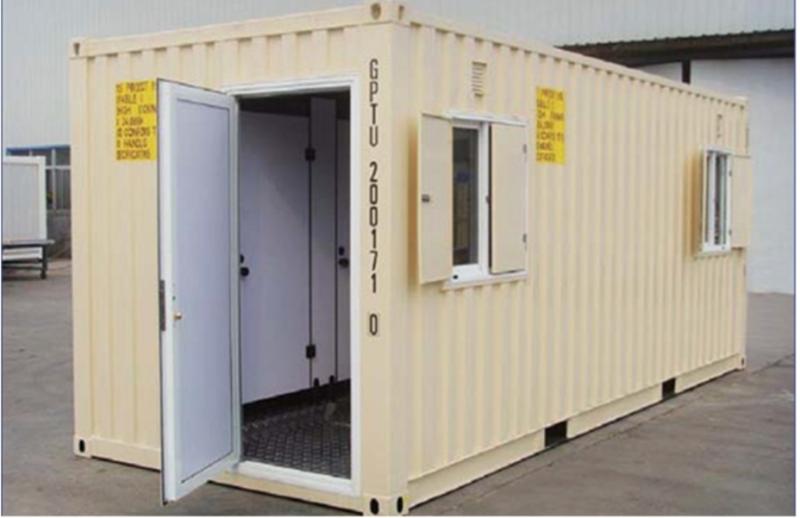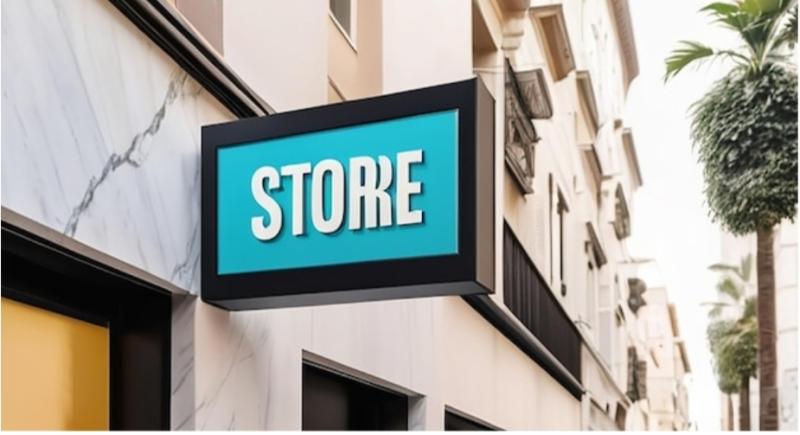Top 8 Features for Address Verification Services
In an increasingly digital world, ensuring the accuracy of customer address information is vital for businesses. Whether it’s shipping products, sending invoices, or streamlining customer data, having accurate and verified addresses reduces errors, saves costs, and enhances customer satisfaction. This is where address verification services step in. But what makes a great address verification tool? Here, we explore the top 8 features you should look for in such services.
1. Global Address Coverage
The best address verification services support address formats from around the globe. For businesses operating internationally, this feature ensures consistent and accurate address validation regardless of the region. Address formats differ significantly between countries, so a robust service should account for local postal regulations, character sets, and language-specific nuances.
For example, businesses shipping to customers in Japan need a system that processes Kanji characters and adheres to the country's unique postal code format. Having global coverage ensures that no matter where your customers are, their addresses will be correctly validated.
2. Real-Time Validation
In today’s fast-paced world, real-time address validation is a must. This feature verifies addresses as they’re entered into online forms or applications, alerting users to any errors instantly. Real-time validation not only reduces the chances of incorrect addresses but also enhances the user experience by guiding customers during the input process.
By implementing real-time validation, companies can significantly cut down on failed deliveries, saving time and resources while ensuring smooth customer interactions.
3.Integration Capabilities
A quality address verification service should seamlessly integrate with your existing systems. Whether it’s a CRM, e-commerce platform, or ERP, the service should fit effortlessly into your workflow without the need for extensive technical modifications.
Modern solutions often provide APIs that make integration simple and scalable. For example, tools like an Address Verification API allow developers to connect verification services directly to their platforms, ensuring data accuracy without disrupting processes.
4. Bulk Address Verification
Not all address verification needs are real-time. For companies dealing with large customer databases or preparing mass mailings, bulk address verification becomes essential. This feature allows businesses to process thousands of addresses in one go, ensuring all entries are accurate and standardized.
Bulk verification is especially useful for cleaning up legacy databases, improving delivery rates, and maintaining data quality over time. Look for software that supports flexible file formats and delivers detailed reports after verification
.5. Advanced Data Standardization
An address verification service isn’t just about verifying if an address exists—it should also standardize the data. This means formatting addresses to align with postal authority requirements, such as abbreviating street names or ensuring proper capitalization.
For instance, “123 Main St., Apt. 4B” may need to be standardized as “123 Main Street Apt 4B” depending on local postal standards. Advanced data standardization minimizes ambiguity, making your data more reliable for business analytics and customer communications.
6. Geocoding and Location Insights
Many modern address verification tools go beyond basic validation to include geocoding capabilities. This feature assigns latitude and longitude coordinates to verified addresses, enabling businesses to gain deeper insights into customer locations.
Geocoding is particularly valuable for logistics and delivery companies that need precise location data for routing and planning. It’s also beneficial for marketing teams looking to segment customers geographically or analyze trends based on location.
7. Compliance with Postal Authorities
Ensuring compliance with postal authorities such as USPS, Royal Mail, or Canada Post is a non-negotiable feature for any address verification service. Compliance guarantees that the addresses in your database are recognized by official postal systems, reducing the likelihood of delivery issues.
Some services, like address verification software, offer Certification by postal authorities, which can further enhance your mailing accuracy. For example, tools like Address Verification Software often ensure compliance while also providing additional features like address auto-completion.
8. Scalability and Performance
As your business grows, your address verification needs will expand. A good service should be scalable, capable of handling increasing volumes of address data without compromising on speed or accuracy. High-performance systems ensure that even during peak periods, you can rely on the tool to validate addresses efficiently.
This feature is particularly important for e-commerce companies experiencing seasonal spikes or for enterprises with a rapidly growing customer base. Always choose a solution that offers flexibility and robust infrastructure to support your growth.
Conclusion
Address verification services are essential for businesses seeking accuracy, efficiency, and reliability in customer communications and logistics. By incorporating features like global coverage, real-time validation, bulk processing, and compliance with postal standards, businesses can significantly enhance their operations and customer satisfaction.
Whether you’re looking to integrate an Address Verification API for seamless real-time validation or implement Address Verification Software for bulk processing, choosing the right tool with these top features ensures your business remains ahead of the curve. Investing in a robust address verification solution isn’t just about minimizing errors—it’s about maximizing opportunities for growth and success.









Comments